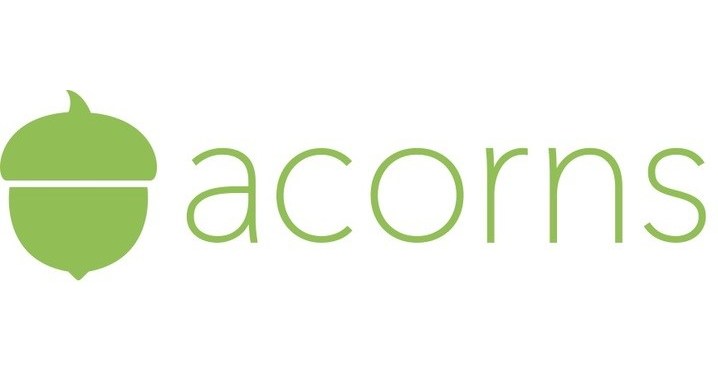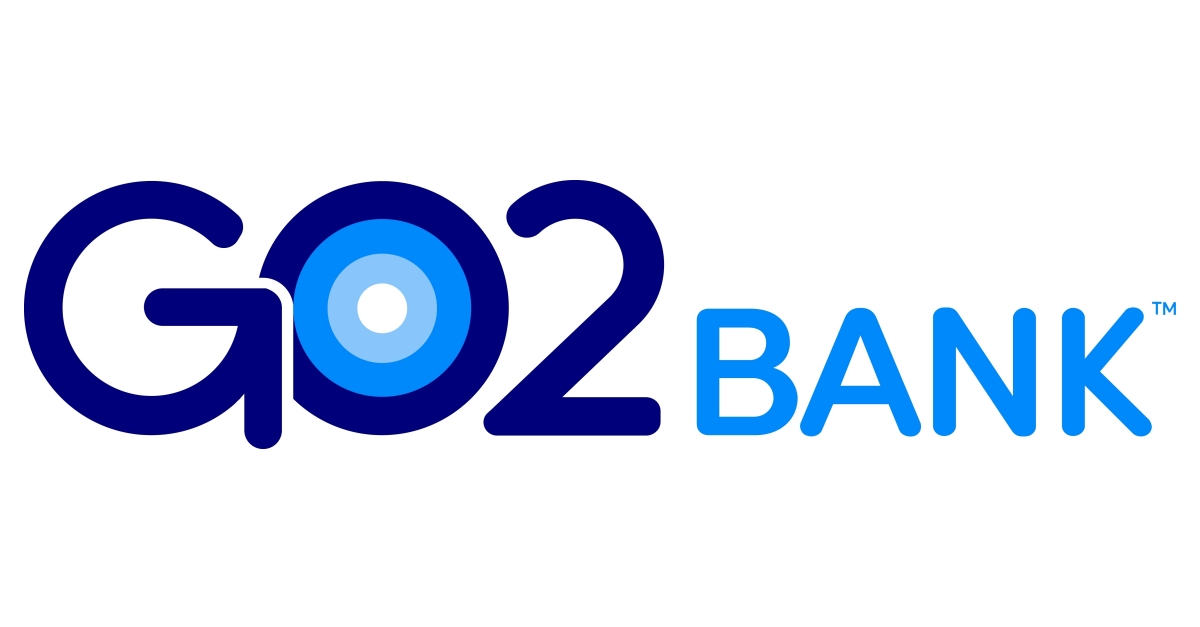If you’ve had checking account troubles in the past due to a reporting system called ChexSystems, you may have trouble opening a checking account. ChexSystems is a service used by many banks nationwide.
However, there are a few fintechs and banks that don’t use ChexSystems. Knowing which banks don’t use ChexSystems can help you find a great bank, even if you have had trouble opening accounts elsewhere. We’ll share other tips for working around ChexSystems as well.
| Best for | Learn more | |
|---|---|---|
| Broad banking services | Learn more | |
| Building credit | Learn more | |
 | High interest rates | Learn more |
| Fee-free overdraft | Learn more | |
 | Low fees | Learn more |
1. Chase Bank
Best for: Broad-based banking services
- Minimum opening deposit: $0
- Minimum balance requirement: $0
- Monthly maintenance fee: $4.95 (waivable)
- Early Direct Deposit
- Free ATM usage at Chase ATMs
- No overdraft fees
Chase is the largest bank in the U.S., and the Chase Secure Banking account is the only Chase checking account that doesn’t use ChexSystems. The $4.95 monthly fee can be waived if you make qualifying electronic deposits of $250 or more per statement period.
There are no overdraft fees as you can't overdraft the account. You also can’t get paper checks. However, you can get free money orders and cashier’s checks. You can get your direct deposit up to two days early.
With this account, you can use Chase Online Bill Pay to pay bills online for free. You can also send money for free with Zelle. There are also budgeting and credit tools to help you improve your finances.
Pros
- $4.95 monthly fee can be waived with direct deposit
- No minimum deposit required
- In-person banking available
- Access to Chase Credit Journey
Cons
- No check-writing abilities
- $3 fee for non-Chase ATMS
2. Current
Best for: Building credit
- Minimum opening deposit: $0
- Minimum balance requirement: $0
- Monthly maintenance fee: $0
- Non-interest-bearing
- Fee-free in-network ATMs
- Rewards for debit card purchases
Current is a financial technology company committed to improving banking. When you get an account with Current you don't get your typical debit card. Instead, the card attached to your account is a secured credit card. When you make a purchase, the money is removed from your account just like a debit card, but the funds are held and then used to pay the credit card on the due date.
This helps you build credit in the background without having to worry about it. You use the card like you would a normal debit card, and on-time payments are reported to the credit bureaus.
The account also comes with “savings pods” that allow you to move money into savings and earn some interest.
Note: When you open a Current account, you can also open teen accounts for your kids. Each teen account comes with a debit card, savings pod, and parental notifications and controls.
Read our full review of Current here.
Pros
- Paycheck advance available
- Tandem kid accounts available
- Set savings goals for your savings pods
- Earn rewards on purchases
Cons
- No “Boost” bonuses for savings pod balances over $2,000
- No joint accounts available
3. Acorns
Best for: High interest rates
- Minimum opening deposit: $0
- Minimum balance requirement: $0
- Monthly maintenance fee: $3, $6 or $12
- 3% on checking, 5% on savings
- Free in-network ATM usage
Acorns is a fintech company that lets you round up your expenditures from your checking account and invest them. You can also put a percentage of your paychecks into your Acorns Invest account as well.
Acorns offers three accounts: Personal, Personal Plus, and Premium. The Personal account offers basic banking features. Personal Plus includes investment capabilities, and Premium enhances those investment capabilities and offers banking and investing for your kids as well.
You’ll also get a free Tungsten metal debit card you can use to make point-of-sale purchases and ATM withdrawals.
This account does not offer paper checks. Account balances are FDIC insured with Acorns’ partner bank.
Read our full Acorns Review here.
Pros
- Makes saving and investing easy
- Kids accounts available
- Education center
- IRA match for higher-tier members
Cons
- No joint accounts available
- Monthly fees apply
4. Chime
Best for: Fee-free overdraft
- Minimum opening deposit: $0
- Minimum balance requirement: $0
- Monthly maintenance fee: $0
- Non-interest bearing
- Free in-network ATM usage
Chime is a fintech company offering spending accounts, savings accounts, and credit builder accounts. They don’t use ChexSystems, and they don’t run a credit check for new customers.
You can fund your Chime spending account via Direct Deposit or by linking the account with your Chime-supported bank account. Direct Deposits can come up to two days early with Chime. If you qualify, you can get free overdraft protection for up to $200 as well.
Read our full Chime credit builder review for more on how this works or see our Chime spending account review for complete information about Chime.
Pros
- No foreign transaction fees
- Credit building feature available
- Attractive savings rate
- Cash back on purchases
Cons
- No joint accounts available
- Fees to deposit cash (two free options available)
Chime is a financial technology company, not a bank. Banking services provided by The Bancorp Bank, N.A. or Stride Bank, N.A., Members FDIC. The Chime Visa® Debit Card is issued by The Bancorp Bank or Stride Bank pursuant to a license from Visa U.S.A. Inc. and may be used everywhere Visa debit cards are accepted. Please see back of your Card for its issuing bank.
5. GO2bank
Best for: Low fees
- Minimum opening deposit: $01
- Minimum balance requirement: $0
- Monthly maintenance fee: $5 (waived if you have monthly Direct Deposit)
- Non-interest-bearing (savings feature has interest)
- Free nationwide ATM network (See app for free ATM locations. $3 for out-of-network withdrawals. ATM owner may also charge a fee. Limits apply.)
GO2bank is a digital bank of the fintech company Green Dot. You might remember that Green Dot assists people in making cash deposits to online banks. Now, they’ve opened GO2bank and offer online checking services through GO2bank. Here are some of the GO2bank features:
The monthly maintenance fee is $5, but it’s waived whenever you receive a payroll or government benefits direct deposit in the previous monthly statement period.
You can get up to $200 in overdraft protection if you opt in for that feature. Fees may apply, and eligibility requirements apply.
See the GO2bank website for additional details on overdraft protection and overdraft protection fees.
Pros
- Secured credit card with no credit check available
- Overdraft protection of up to $200
- Highly rated app
- High-yield savings available
Cons
- Monthly fee applies without Direct Deposit
- No joint accounts
1 The GO2bank account comes with a Visa Debit card. If you open an account online, there is no fee or minimum balance requirement. If you open an account by getting a GO2bank debit card in a store, then there is a purchase fee and an initial deposit of $20 – $500 required.
What Is ChexSystems?
In a nutshell, ChexSystems is the bank version of a credit-reporting agency. It operates under the federal Fair Credit Reporting Act (FCRA).
Whereas credit reporting agencies like Experian, Equifax, and TransUnion report on your use of credit, ChexSystem reports on your use of deposit accounts at banks and credit unions.
How Does ChexSystems Work?
ChexSystems monitors your deposit account activity much in the same way that Experian monitors your credit usage.
The company creates a report for each person who owns a deposit account. Your ChexSystems report might contain items such as:
- Abusive ATM and debit card usage
- Bounced check and/or negative account balance information
- Unpaid negative account balances
- Information about deposit accounts that are involuntarily closed
- Fraud and identity theft information
One thing worth noting; unlike other credit reporting agencies, ChexSystems doesn’t include positive ratings about deposit account behavior.
Instead, a ChexSystems report only includes negative behavior. Some entities have criticized this practice in the past, leading to changes in how long ChexSystems keeps negative items on reports.
If you haven’t experienced any of the bullet-pointed items mentioned above, you’ll have a clean ChexSystems report with a high score.
What Are ChexSystems Scores?
As with credit scores, a ChexSystems score can affect your ability to open a deposit account at a bank or credit union.
A ChexSystems score can land anywhere between 100 and 899. However, you have less insight into how that score affects you than a traditional credit score.
Credit bureaus like Experian are very open about where your credit score lands you in terms of how loan and credit card companies view you.
Conversely, ChexSystems keeps its score-calculating system hidden from the public eye. So, although you can make an educated guess about what a good vs. bad ChexSystems score is, you may never honestly know how ChexSystems ranks deposit account holders.
What Might Affect Your ChexSystems Score?
You can, however, know what factors might affect your ChexSystems score. Here are examples of some items that may result in a reduced ChexSystems score for you.
- Negative account balances
- Unpaid negative account balances
- Bounced/returned checks
- Both unpaid and paid non-sufficient funds (NSF) checks
- Overuse of debit cards
- Suspected misuse of ATMs
- Suspected fraudulent activity
- Discovered false information provided during the account opening process
If you can keep your deposit account record free from these and similar items, you can be pretty confident that your ChexSystems score will be high.
However, if you have instances of the above circumstances in your deposit account past or present, you should expect your ChexSystems score to suffer.
No ChexSystems Banks Vs. Second Chance Banks
We’re talking today about banks that don’t use ChexSystems. But is there a difference between a bank that doesn’t use ChexSystems and a so-called “second chance” bank?
Banks that don’t use ChexSystems have a cut-and-dried procedure; they don’t contact ChexSystems for information on account applicants.
There is a chance that they’ll use a similar service such as Early Warning Service. However, they don’t contact ChexSystems.
Conversely, second chance banks often use ChexSystems to research an applicant’s deposit account history; they choose to issue the account regardless of your ChexSystems score.
However, the downside of using a second-chance bank is that you’ll usually pay higher fees for it.
The good news is that most second chance banks will let you upgrade to a more mainstream checking account after you’ve had 12 months of positive account activity.
At the end of the day, both second chance banks and banks that don’t use ChexSystems are good options for people who’ve had banking trouble in the past.
✨ Related: Best No Credit Check Bank Accounts
Final Thoughts
If you have a low ChexSystems score, it’s a good idea to investigate further before exploring other options. For example, you have the right to view a consumer disclosure report if a low ChexSystems score led to you being denied a new bank account. You also have the right to dispute information included in the report.
That said, a low ChexSystems score or negative items on your ChexSystems report no longer means you can’t have a checking account.
With the emergence of fintech banking accounts, second chance checking accounts, and some banks that don’t use ChexSystems, you can still enjoy the convenience of having your checking account.



